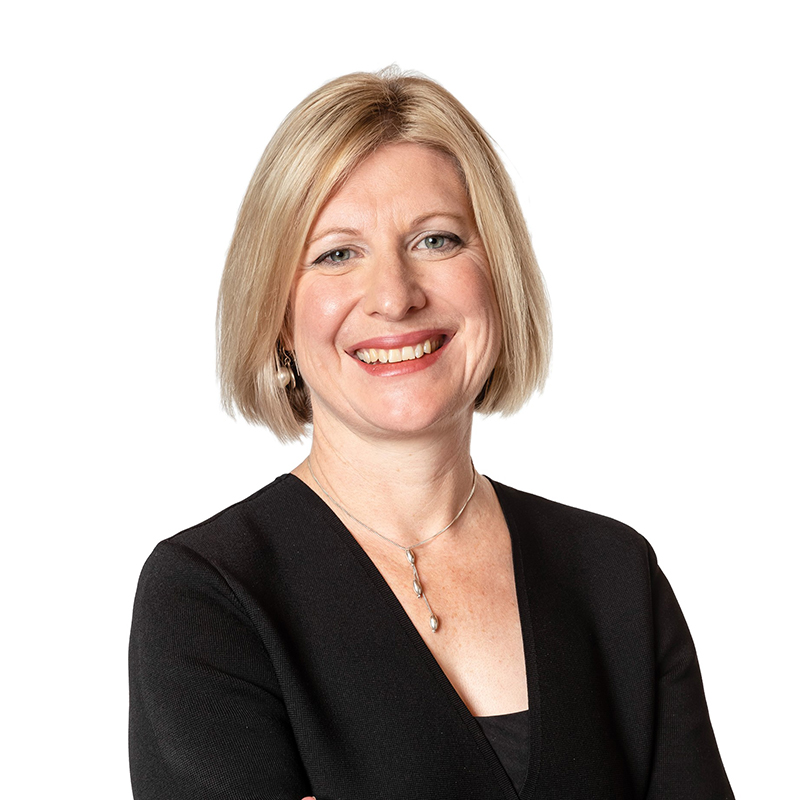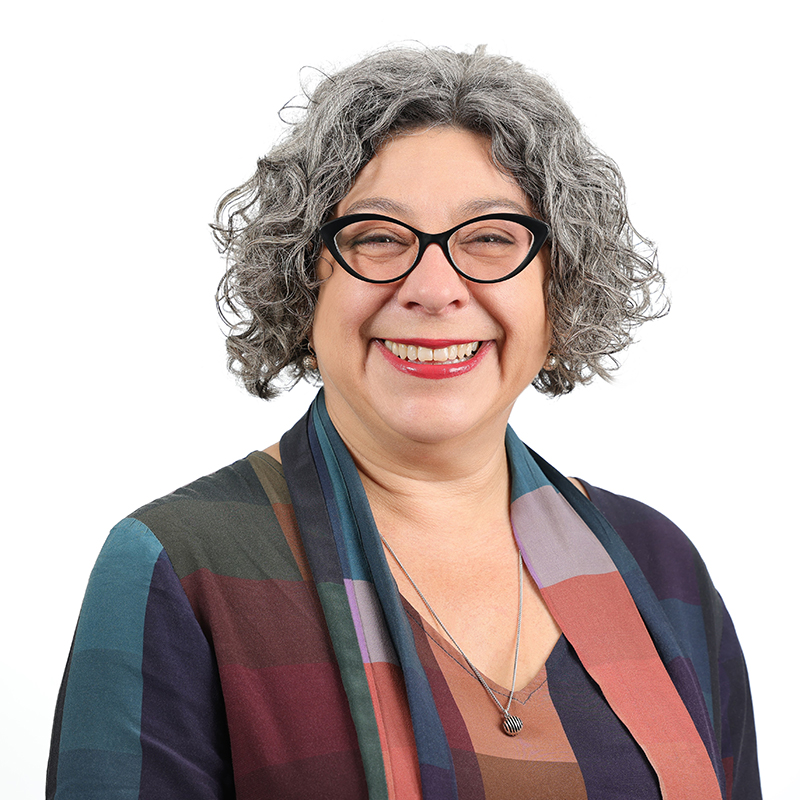- Details
ACCAN has recently (Aug 2023), provided feedback on the Government’s Draft Communications Legislation Amendment (Combatting Misinformation and Disinformation) Bill.
The Bill provides the Australian Communications and Media Authority (ACMA) with reserve powers to ensure that digital platform services are working to protect Australians against harm from online mis and disinformation.
- Details
ACCAN recently commented on the Australian Competition and Consumer Commission’s March 2024 report on data brokers issues paper. The report is the most recent investigation by the regulator as part of the Digital Platform Services Inquiry.
Read more: Digital Platform Services Inquiry – March 2024 report on data brokers issues paper
- Details
ACCAN is seeking nominations for Directors to fill four (4) vacancies on its Board.
In accordance with the ACCAN Constitution, the 2023-2024 ACCAN Board will consist of nine (9) members[1]. Six (6) positions are continuing Directors from the 2022-2023 Board. One (1) Director is retiring from the Board having completed two full terms and is ineligible for re-election in 2023-24. One (1) Director resigned from the Board on 16 August 2023. Two (2) Directors were co-opted to fill casual vacancies in 2022-23 in accordance with Section 21 of the ACCAN Constitution and are eligible to nominate for election to the Board. In accordance with Section 20 of the ACCAN Constitution, Board members are elected for a three-year term.
Read more: Call for nominations for the ACCAN Board
Write comment (0 Comments)- Details
The Australian Communications Consumer Action Network (ACCAN) recently commented on phase two of the Australian Bureau of Statistics (ABS) 2026 Census topic consultation. ACCAN is disappointed by the ABS’ decision not to proceed with the topic of ‘internet access and use, including digital literacy’.
ACCAN believes the collection of national data on household internet access, use and digital literacy is critical towards understanding how Australian households get and stay connected online. It is also critical for addressing barriers to digital inclusion for First Nations communities and people with disability.








